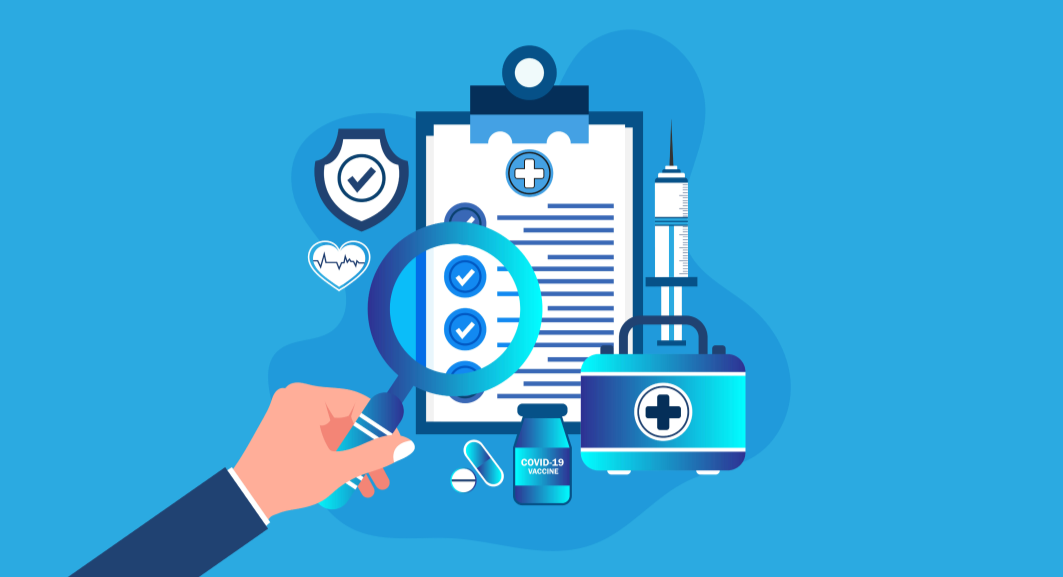by Mrudula Kulkarni
9 minutes
Understanding the Role of Key Opinion Leaders (KOLs) in the Pharma Industry
Explore how Key Opinion Leaders shape pharma innovation, guide clinical decisions, and drive scientific and market impact.

In the pharmaceutical industry, credibility is everything. Markets may be driven by innovation, but trust is built through people—experts who have earned authority through science, clinical practice, and years of shaping medical thought.
These experts are known as Key Opinion Leaders (KOLs), and their influence extends far beyond conference podiums or high-impact journals. KOLs are the architects of therapeutic direction, the bridge between innovation and clinical adoption, and the compass guiding pharma’s most consequential decisions.
Today, as drug pipelines become more complex, competition intensifies, and the scientific landscape shifts at record speed, the role of KOLs in the pharma industry is more vital than ever.
Understanding who they are, how they influence the healthcare ecosystem, and how pharma can partner with them ethically and strategically is essential for scientific credibility, market success, and patient impact.
What Exactly Are KOLs in the Pharma Industry?
A Key Opinion Leader is a recognised subject-matter expert—typically a clinician, researcher, pharmacist, academician, public health expert, or policy authority—who shapes scientific discourse within their therapeutic area.
Their expertise, influence, and clinical authority position them as trusted voices capable of steering prescribing behaviours, research priorities, treatment pathways, and broader healthcare decisions.
Characteristics of an Authentic KOL
A true KOL is defined by a unique combination of scientific depth, influence, and integrity:
- Deep specialization in a specific therapeutic area
- Strong clinical background and meaningful research contributions
- High-impact publications in reputed journals
- Leadership roles in clinical trials—as investigators, advisors, or chairs
- Active participation in medical societies, advisory boards, and guideline committees
- Influence across hospital networks and professional peer circles
- A strong, ethics-driven, patient-first approach
In simple terms, KOLs are scientific storytellers, clinical validators, and guardians of medical credibility—translating emerging science into trusted medical practice.
Why KOLs Are More Crucial Than Ever
With evolving therapies, precision medicine, digital health, and accelerated approval pathways, pharma companies need expert guidance more than ever. KOLs act as critical partners throughout the product lifecycle.
1. They Translate Emerging Science Into Clinical Reality
Breakthrough science becomes meaningful only when interpreted for real-world clinical use.
KOLs help simplify complex data, contextualise trial results, and guide how physicians integrate new therapies into practice.
2. They Shape Treatment Guidelines and Standards of Care
KOLs sit on expert committees that define national and global treatment pathways.
Their recommendations influence how diseases are diagnosed, treated, and monitored.
3. They Strengthen a Company’s Scientific Credibility
In an era of regulatory scrutiny and public scepticism, validation from respected experts builds confidence, reduces risk, and elevates brand trust.
4. They Improve Clinical Trial Efficiency
KOLs drive clinical relevance, helping companies refine:
- protocol design
- endpoint selection
- site identification
- patient recruitment strategies
- retention plans
Their expertise minimizes delays, reduces costs, and improves trial outcomes.
5. They Influence Market Access and Reimbursement
Payers value evidence—but they also value expert endorsements.
KOLs provide perspectives that strengthen HTA submissions, pricing arguments, and formulary decisions.
KOLs are not passive advisors—they are catalysts shaping scientific, clinical, and commercial outcomes.
Types of KOLs Pharma Works With
Modern pharma engages different categories of KOLs depending on the therapeutic area and market goals.
1. Global KOLs
Internationally recognized experts with extensive publications who drive global scientific dialogue.
They lead multicountry studies and influence worldwide practice patterns.
2. National KOLs
Experts shaping country-level guidelines, national academic discussions, and policy directions.
3. Regional or Local KOLs
Highly influential clinicians within hospitals, local associations, and healthcare networks.
They accelerate local adoption and strengthen clinical education.
4. Digital KOLs (DOLs)
A growing segment—these are clinicians and scientists who use LinkedIn, X, YouTube, and digital medical platforms to interpret data and educate at scale.
5. Patient Opinion Leaders (POLs)
Influential patients, caregivers, or advocates who shape awareness, trial participation, and access policies—especially in rare diseases, oncology, and chronic therapies.
Together, these groups create a multilayered influence ecosystem shaping pharma’s scientific narrative.
The Role of KOLs Across the Pharma Product Lifecycle
A strong KOL strategy accompanies a product from concept to commercialization.
1. Discovery & Preclinical Development
KOLs validate unmet medical needs, guide early science, and ensure research relevance.
2. Clinical Development
They support:
- trial design
- endpoint selection
- investigator site identification
- recruitment and retention
- safety communication strategies
Their involvement ensures the clinical data generated is meaningful and actionable.
3. Regulatory Strategy
KOL insights strengthen regulatory submissions, shape advisory meeting discussions, and refine benefit–risk narratives.
4. Pre-Launch Scientific Preparation
KOLs help:
- educate physicians
- refine product positioning
- highlight differentiators
- support advisory boards
- amplify early scientific evidence
They build scientific momentum even before commercial launch.
5. Post-Launch & Lifecycle Management
KOLs continue influencing:
- real-world evidence generation
- pharmacovigilance discussions
- additional indications
- continuous medical education
- therapy optimization
Their partnership ensures long-term product relevance.
Challenges in Engaging KOLs
Engaging Key Opinion Leaders comes with its own set of complexities, even for the most seasoned pharmaceutical teams. Companies often struggle to identify the right experts in ultra-rare or rapidly emerging therapeutic areas, where expertise is limited and evolving.
Balancing the influence of global KOLs—who shape international scientific direction—with local KOLs—who drive regional adoption—adds another layer of strategic difficulty. Internally, coordinating consistent communication across cross-functional teams such as Medical Affairs, Clinical Development, Regulatory, and Commercial can become challenging, especially when each team interacts with KOLs differently.
Compliance regulations further complicate engagement, requiring strict transparency and scientific balance. Additionally, over-engaging the same experts can lead to KOL fatigue, while the growing need to integrate both traditional and digital KOL strategies demands new skills, tools, and governance models.
Overcoming these challenges requires strong cross-functional alignment, well-defined processes, and a strategic approach to long-term relationship building.
The Future of KOL Engagement in Pharma
As the pharma ecosystem evolves, so will the role and influence of KOLs.
1. Precision Medicine Will Elevate Micro-KOLs
Niche specialties will demand hyper-specific expertise.
2. Digital Opinion Leaders Will Shape Real-Time Scientific Dialogue
DOLs will dominate global, real-time scientific interpretation.
3. Patient Voices Will Become Stronger
POLs will influence trial design, access, policy, and awareness.
4. AI Will Identify the Next Wave of KOLs
Future KOLs will be predictive—not just historical.
5. Medical Affairs Will Lead Integrated KOL Ecosystems
The future is omnichannel, evidence-led, and continuous.
KOLs will remain the backbone of how scientific innovation translates into real-world patient impact.
FAQs
1. What is a Key Opinion Leader (KOL) in pharma?
A KOL is a respected clinical or scientific expert who influences medical practice, research decisions, and therapeutic adoption.
2. How do KOLs support pharmaceutical companies?
They guide research, advise on clinical trials, interpret data, shape guidelines, educate peers, and support market access.
3. What is KOL mapping?
KOL mapping uses analytics and AI to identify influential experts based on publications, clinical trials, influence networks, and digital presence.
4. What is the difference between global and local KOLs?
Global KOLs influence international science; local KOLs drive regional prescribing behaviour and hospital-level decision-making.
5. Who are digital KOLs (DOLs)?
DOLs are clinicians or researchers who use digital channels to interpret data and influence scientific conversations online.




